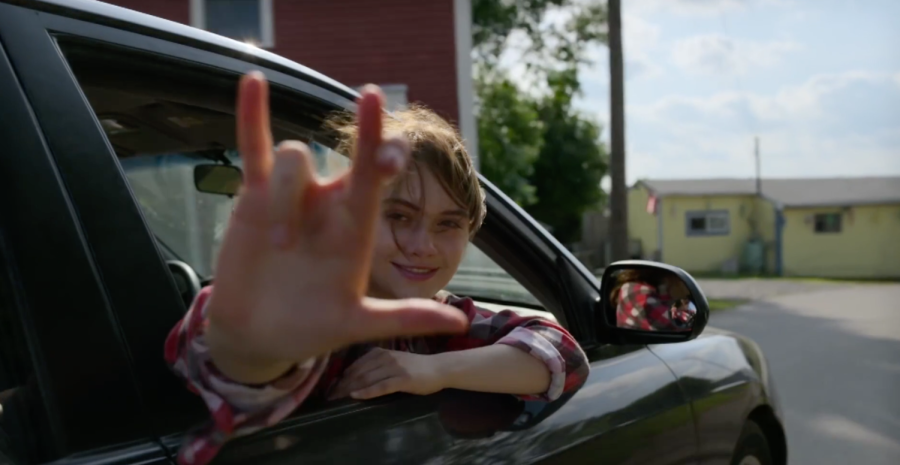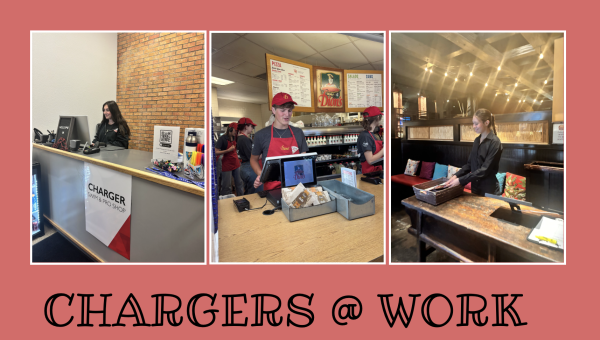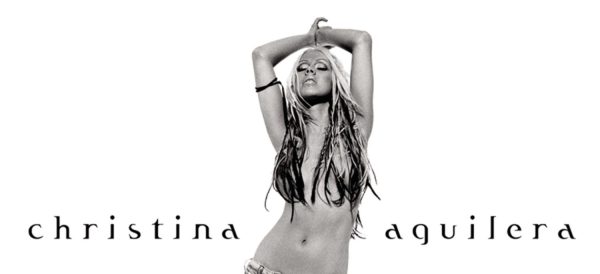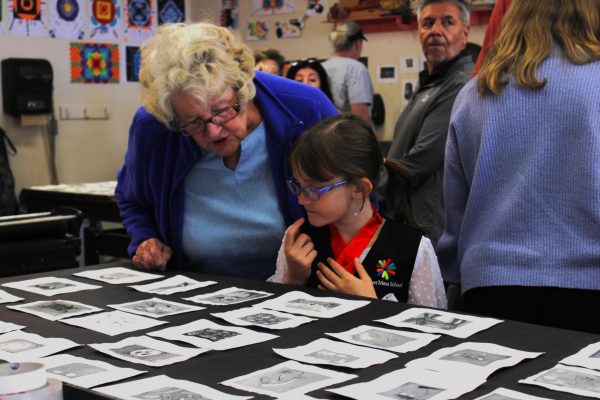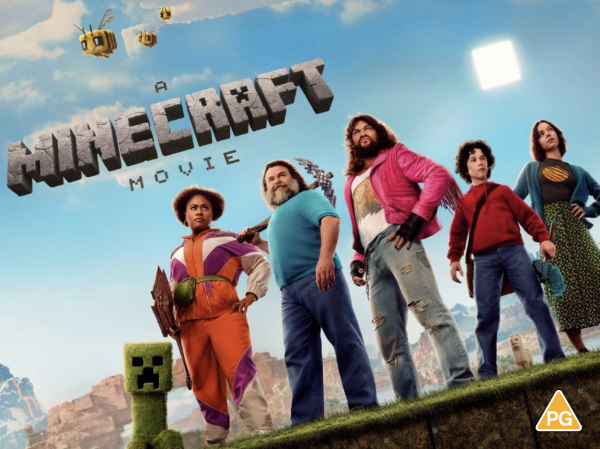CODA Review: Oscar Winning Best Picture
CODA features an emotional plot, captivating cinematography, and a stunning soundtrack.
This year’s Academy Awards hailed an unprecedented surprise to the forefront of modern media with CODA winning all three nominations: Best Picture, Best Supporting Actor, and Best adapted Screenplay. CODA follows the story of Ruby Rossi, a hearing teen living in a small coastal town with her deaf family, and her discovery of her love of singing. Viewers follow her journey towards getting into college and falling in love. A good example of a classic coming-of-age story, CODA takes a new approach to some of the common storylines, combining multiple tropes and using artful cinematography to create a unique perspective and memorable viewing experience. Finally, the use of actual deaf actors for the film’s hearing-impaired characters changed the narrative behind deafness in Hollywood, as Marlee Matlin, a deaf star in the film described, “‘People think that deaf people are monolithic in terms of how they approach life. And this film bursts that myth’”.
A remake of a French film from 2014 called La Famille Bélier—which directly translates to The Aries Family—the updated name CODA, or child of deaf adults, is a reference to the widely used acronym in the deaf community and represents the film’s inclusion from its name alone. Unlike its french predecessor which, despite relative success in the European film industry, was considerably underrated, CODA has attained incredible success: having been acquired by Apple TV+ during the Sundance Film Festival for a record $25 million and subsequently becoming the first official film released by a streaming service to win an Academy Award. The film’s success also led to the first Academy acting awards granted to deaf actors with Troy Kostur (who plays Ruby’s father) winning the award for best supporting actor and again with both Kostur, Daniel Durant (who plays Ruby’s brother), and Marlee Martin (who plays Ruby’s mother) being included in the award for Outstanding Performance by a Cast in a Motion Picture. With so many breakthroughs and accolades surrounding it, it’s no wonder CODA has gained an incredible 94% rating on Rotten Tomatoes and even earned a broadway musical adaptation with returning deaf actors and a fully inclusive sign language experience.
Overall the of CODA is strong with a very clear-cut model of a modern coming-of-age story. Throughout the movie, Ruby struggles to balance her love for her family with her passion for signing as they increasingly come into conflict. While this does make for some predictable moments, the film generally puts a new perspective on this classic trope and brings the viewer into Ruby’s inner conflict as one becomes torn between her family’s understandable need for their daughter as well as her own desire for independence and fulfillment. Such intense emotions even make it painful to watch at times, but this is balanced by the film’s tactful use of clever humor and situational irony which cuts the tension and leaves you chuckling at the memory for days afterward. Despite such complexities, the main message of the story never falters and beautifully reflects the powerful and unique relationship between the deaf community and music. Despite incredible support for the film and the message describing the inclusivity and universality of music that writer/director Sian Heder sought to portray, some within and without the deaf community have criticized the movie for its point of view. Some have come forward saying that the story’s hearing perspective causes some incongruities which are clearly meant to resonate with a hearing audience. However, many of these points of contention are minor such as Ruby’s role as interpreter for her parents extending into the courtroom where a professional interpreter is required or how her father is able to feel the vibrations of her voice in her neck when she sings when this would typically not be how many deaf individuals prefer to experience music. Regardless, many are still pleased with the milestone in representation that this film’s recognition has marked for the deaf and disabled community and are hopeful that it will continue to open up new opportunities in the future. With a familiar yet exciting melody and a humorous, uplifting chorus, all underscored by an inspiring bass line: when it comes to overall great movies, CODA can’t be beat.


